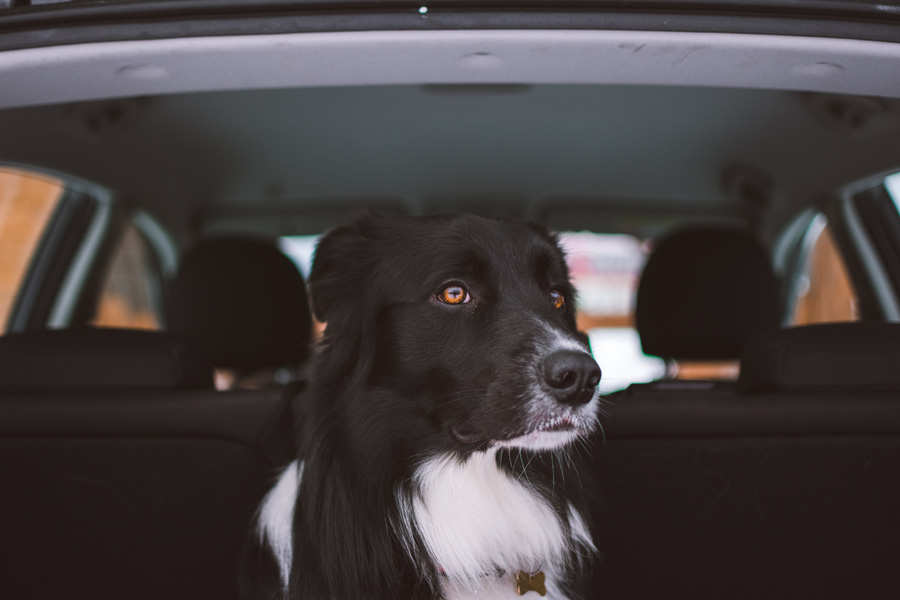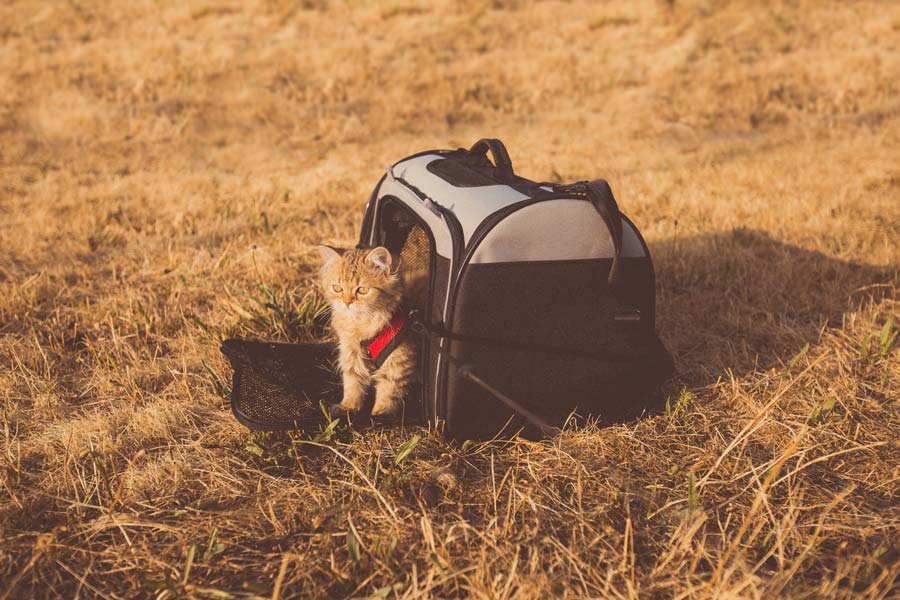Revised border rules and changes to flight operations during COVID-19 not only affect humans, but they also have a large impact on pet travel and rescue.
Certainly, pet importers and potential pet owners are dealing with the effect of COVID-19 on pet travel and rescue. For example, the diversion of international flights from major domestic airlines, such as Melbourne, could prove a problem for some people. Import conditions for cats and dogs require the animals to arrive directly into Melbourne International Airport. Indeed, the COVID-19 pandemic does not change the existing risks posed by diseases of biosecurity concern to Australia. However, if pet importers fail to make alternative arrangements some animals run the risk of being re-exported or euthanised.
Likewise, wannabe pet owners who have purchased dogs from breeders in other states face delays in meeting their new pets due to interstate flight restrictions.
However, it’s not just flight restrictions that impact the lives of pets. According to volunteers from SAFE (Saving Animals From Euthanasia Inc) branches in WA, regional border closures are affecting pet rescues and adoptions.
They say having volunteers unable to pass through checkpoints is effecting their attempts to re-home animals. As such, some SAFE branches are choosing to only relocate animals within their local boundaries, which may impact the animals’ chances of finding a new forever home.
Pets and COVID-19: advice points for clients
As pet professionals, it’s important to be aware of the latest issues affecting pet rescue and welfare. After all, your clients may come to you for advice. Here are some of the latest advice points regarding pets and COVID-19.
There have been no reports in Australia of pets, livestock or wildlife infected with COVID-19. What’s more, the World Health Organisation maintains there is no evidence to suggest dogs and cats can transmit COVID-19 to humans.
Nevertheless, people may be concerned about the possibility they could infect pets or animals in their care. If you come across someone who is worried about the possibility of human to animal transmission, you can advise them of the following points.
- The World Organisation for Animal Health (OIE) advises that currently there is no evidence to indicate that animals infected with SARS CoV-2 from humans play a role in the transmission of the virus.
- Despite several animal species being infected with SARS CoV-2, these infections are not a driver of the COVID-19 pandemic human-to-human transmission.
- There have been no reports of the SARS CoV-2 virus infection in pets, livestock or wildlife in Australia.
- When handling and caring for animals, basic hygiene measures should always be implemented.
- It is not recommended that pets be routinely tested for COVID-19.
- In spite of some relaxations to social distancing rules, if a pet owner suspects their companion animal may have contracted COVID-19, they should not take their pet to the vet clinic. Instead, they should call the clinic for advice on the next steps.
Pet travel and rescue
In these uncertain times, you may find yourself fielding an increased number of questions from concerned pet owners. When it comes to pet travel and safety, the following resources can help keep you up to date on the latest information.
The Department of Agriculture, Water and the Environment actively monitors the COVID-19 situation and advises on any potential implications for animals.
Pet Traveller provides advice on travel restrictions and import rules.
Animal Transport Association provides updates and industry developments from around the globe.
What are some of the concerns you’ve been hearing regarding pet travel and rescue?
Latest posts by Liz Walden (see all)
- Pet health: Medicinal cannabis for pets - December 27, 2021
- What pet business insurance do I need? - November 17, 2021
- Pet sitters: how to take time off - November 15, 2021











Leave A Comment